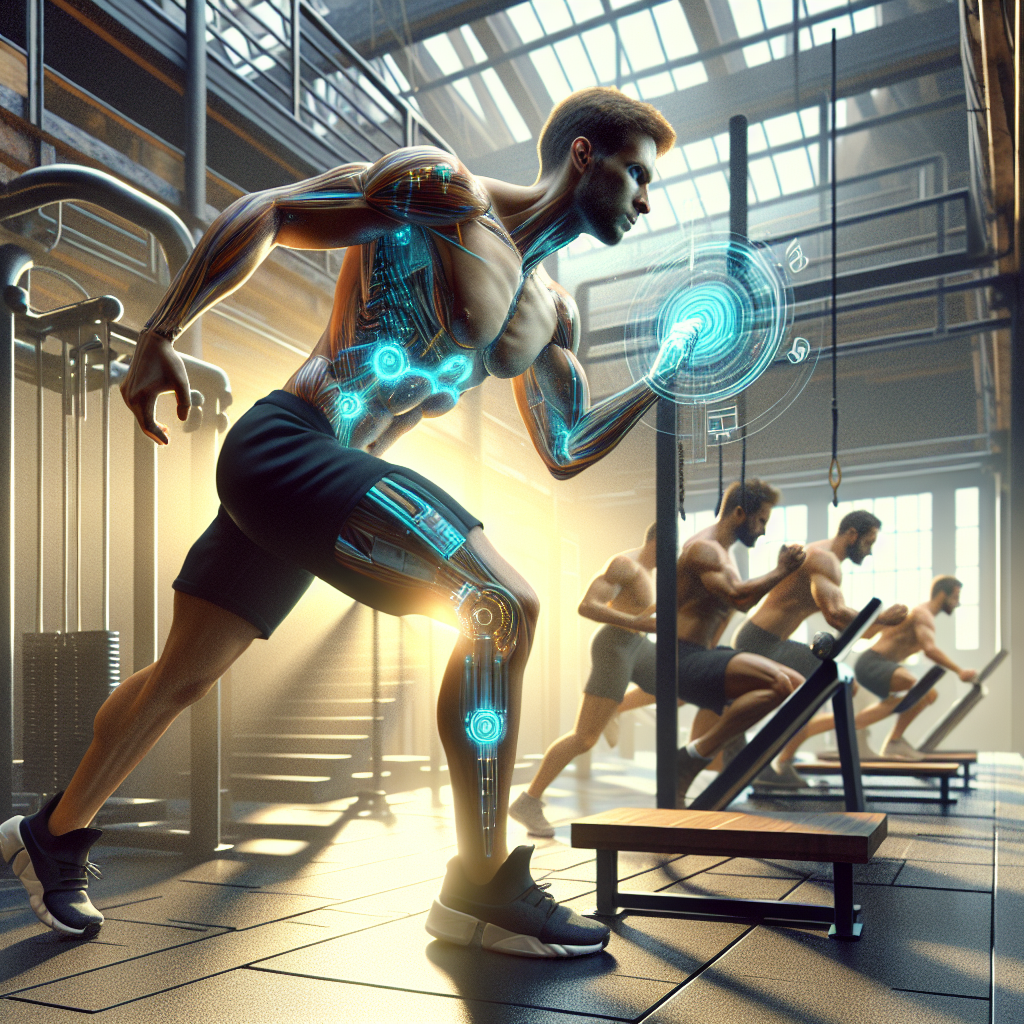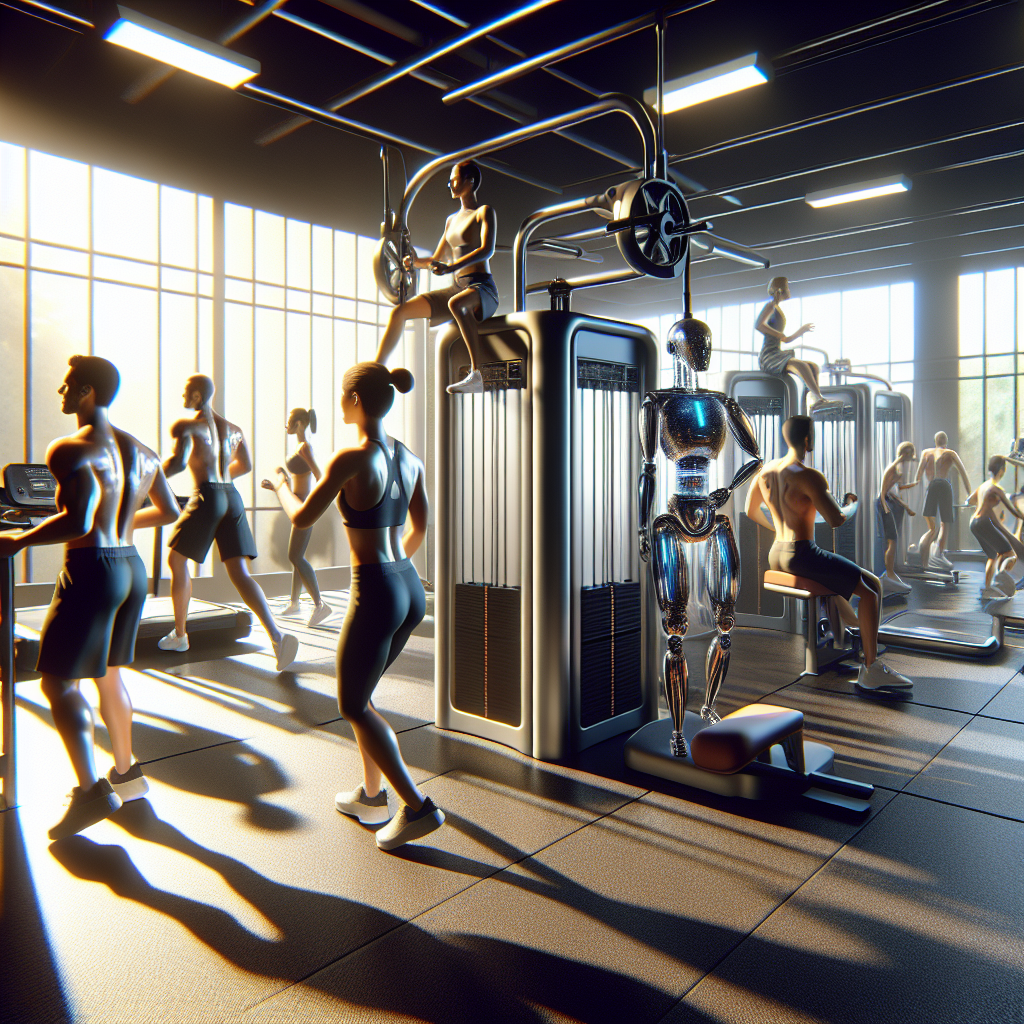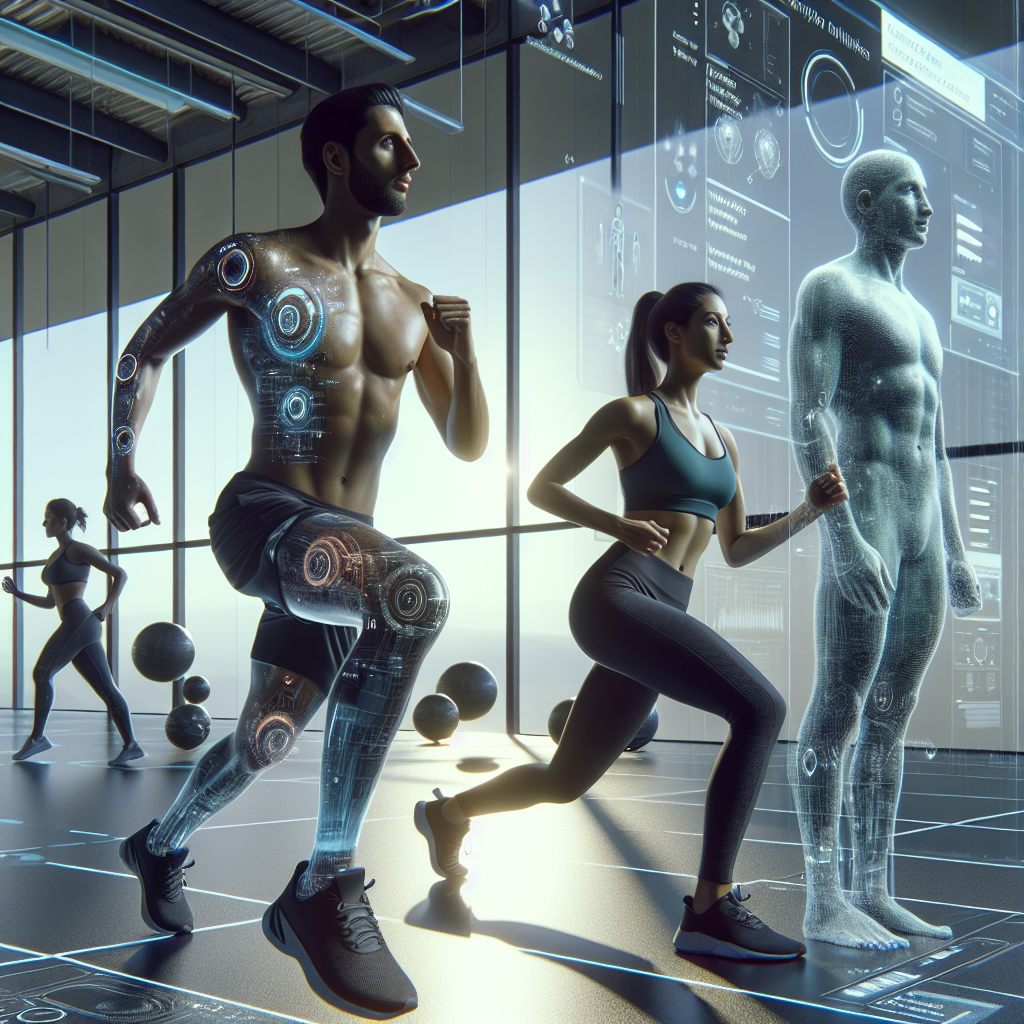Integrating nutrition and fitness is pivotal for achieving optimal well-being. This synergy enhances physical performance, supports mental health, and promotes longevity by ensuring that the body receives the necessary nutrients to fuel and recover from physical activities. By aligning dietary habits with fitness routines, individuals can optimize energy levels, enhance muscle growth, improve endurance, and maintain a healthy weight. This comprehensive guide explores the intricate relationship between nutrition and fitness, offering evidence-based strategies and expert insights to help you achieve your health goals.
Understanding the Interconnection Between Nutrition and Fitness
Nutrition and fitness are interconnected components of a healthy lifestyle. Proper nutrition provides the energy required for physical activity, while exercise enhances nutrient utilization, promoting better health outcomes. The key to synchronizing nutrition and fitness lies in understanding how they influence each other and tailoring one’s diet and exercise regimen accordingly.
The Role of Macronutrients in Fitness
Macronutrients—carbohydrates, proteins, and fats—are the primary sources of energy and play distinct roles in supporting fitness.
Carbohydrates: The Primary Energy Source
Carbohydrates are essential for fueling workouts, particularly high-intensity exercises. They are stored as glycogen in muscles and the liver, providing readily accessible energy during physical exertion.
- Simple carbohydrates, such as glucose, offer quick energy boosts.
- Complex carbohydrates, like whole grains, provide sustained energy for prolonged activities.
Consuming adequate carbohydrates before and after workouts replenishes glycogen stores and supports recovery.
Proteins: The Building Blocks of Muscle
Proteins are crucial for muscle repair and growth. They supply amino acids, which are necessary for muscle protein synthesis.
- Complete proteins, found in animal sources, contain all essential amino acids.
- Plant-based proteins, such as legumes and nuts, can be combined to ensure a complete amino acid profile.
Incorporating protein-rich foods post-exercise helps in recovery and muscle building.
Fats: Essential for Hormonal Balance and Energy
Fats are a dense energy source and are vital for hormonal health and vitamin absorption.
- Unsaturated fats, including omega-3 and omega-6 fatty acids, support heart health and reduce inflammation.
- Saturated fats, consumed in moderation, can be part of a balanced diet.
Incorporating healthy fats into meals can aid in sustained energy release during workouts.
Micro-nutrients: Supporting Overall Health
Vitamins and minerals, although required in smaller quantities, are crucial for metabolic processes and maintaining health.
- Vitamins: Aid in energy production and immune function.
- Minerals: Support bone health, oxygen transport, and muscle function.
A balanced diet rich in fruits, vegetables, and whole foods ensures adequate micro-nutrient intake, enhancing fitness performance and recovery.
Designing a Balanced Diet for Fitness Enthusiasts
Creating a diet that supports your fitness goals involves understanding your body’s nutritional requirements and aligning them with your physical activities.
Determining Caloric Needs
Caloric needs vary based on age, gender, weight, and activity level. Calculating your Basal Metabolic Rate (BMR) and Total Daily Energy Expenditure (TDEE) helps in setting appropriate caloric intake targets.
Use the Harris-Benedict equation to estimate BMR, then multiply by activity level to get TDEE. This calculation ensures you’re consuming enough calories to support your fitness regimen.
Meal Timing and Frequency
Strategic meal timing can enhance energy levels and recovery.
- Pre-workout meals: Consume a combination of carbohydrates and proteins 1-3 hours before exercise to fuel performance.
- Post-workout meals: Prioritize proteins and carbohydrates within 30-60 minutes after exercising to aid recovery.
- Meal frequency: Adopting a pattern that suits your lifestyle, such as three main meals with snacks, ensures consistent energy supply.
Hydration: The Forgotten Component
Proper hydration is essential for optimal performance and recovery. Water regulates body temperature, lubricates joints, and aids in nutrient transport.
- Drink water throughout the day, and increase intake during and after exercise.
- Consider electrolyte-rich drinks post-exercise to replenish lost minerals.
Incorporating Exercise for Comprehensive Well-being
Physical activity is a cornerstone of well-being, offering numerous physical and mental health benefits.
Types of Exercises and Their Benefits
Understanding different exercise forms helps in creating a balanced fitness plan.
Cardiovascular Exercises
Cardio exercises, such as running, cycling, and swimming, enhance heart health and stamina. Regular cardio reduces the risk of chronic diseases and aids in weight management.
Strength Training
Strength training, including weightlifting and resistance exercises, builds muscle mass and strengthens bones. It boosts metabolism and improves functional fitness.
Flexibility and Balance Exercises
Practices like yoga and Pilates improve flexibility, balance, and posture. They promote relaxation and reduce injury risk.
Creating a Balanced Workout Routine
A comprehensive workout routine should include:
- Cardio: 150 minutes of moderate-intensity or 75 minutes of high-intensity cardio per week.
- Strength training: Two or more sessions per week targeting all major muscle groups.
- Flexibility exercises: Incorporate stretching or yoga 2-3 times per week.
Adjust intensity and duration based on personal fitness levels and goals.
Data and Statistics Supporting Nutrition and Fitness Integration
Scientific research underscores the importance of combining nutrition and fitness for health optimization.
Statistics on Physical Activity and Nutrition
- According to the World Health Organization, inadequate physical activity is a leading cause of global mortality.
- Studies show that a balanced diet combined with regular exercise reduces the risk of chronic diseases by up to 50%.
Impact of Nutrition on Athletic Performance
Research indicates that athletes who consume a diet rich in carbohydrates and proteins exhibit superior performance and faster recovery.
Table: Macronutrient Distribution for Athletes
| Macronutrient | Recommended Intake |
|---|---|
| Carbohydrates | 55-60% of total calories |
| Proteins | 15-20% of total calories |
| Fats | 20-25% of total calories |
Expert Tips for Aligning Nutrition and Fitness
Integrating nutrition and fitness can be complex, but expert tips can simplify the process.
Consulting with Nutrition and Fitness Professionals
Working with registered dietitians and certified personal trainers ensures personalized and effective strategies.
- Dietitians provide tailored meal plans that align with fitness goals.
- Trainers develop fitness routines that complement nutritional intake.
Tracking Progress and Adjusting Goals
Regularly monitoring progress and being open to adjusting dietary and fitness strategies is crucial for continuous improvement.
- Use fitness apps to track workouts and nutritional intake.
- Set realistic, incremental goals to stay motivated.
Conclusion: Achieving Holistic Health Through Nutrition and Fitness
Integrating nutrition and fitness is essential for achieving holistic health and well-being. By understanding the symbiotic relationship between diet and exercise, individuals can tailor their lifestyle choices to enhance physical performance, improve mental health, and support longevity. With expert guidance, strategic planning, and commitment to continuous improvement, the journey to optimal well-being becomes an attainable and rewarding endeavor.
Transform Your Fitness Journey Today!
Break Free from Traditional Barriers
Say goodbye to costly trainers, confusing diets, and gym dependencies. With PurelyFit, you can achieve your fitness goals faster and smarter.
Why Choose PurelyFit?
– AI-powered workouts tailored to your unique goals
– Access to over 600,000 recipes for every lifestyle and dietary need
– Real-time progress tracking and adaptive plans to ensure you stay on track
Ready to Revolutionize Your Fitness?
Join the PurelyFit community and experience the future of fitness with personalized AI-driven solutions. Embrace a smarter way to achieve your health goals—start your journey with PurelyFit today!













